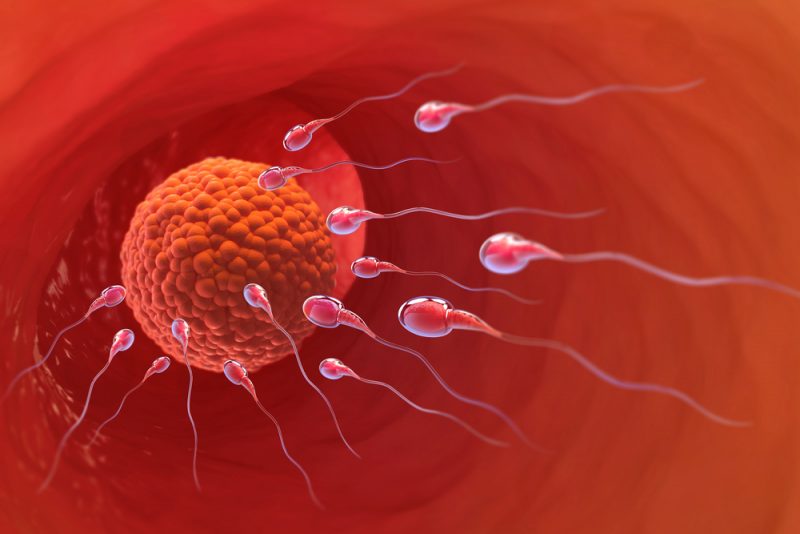Deciding the time has come to start a family is an exciting time in your life, but it can also come with more challenges than you were expecting. Even after you’ve done everything you can to make sure you feel confident about your material and emotional ability to support another life, and before you have to start tackling the complexities of maternity leave and ante-natal classes there’s the challenge of actually getting pregnant to face.
It’s easy to think of fertility as a binary state: you’re either fertile, in which case you will quickly get pregnant when you start trying, or you’re infertile and will never be able to conceive. The reality is far more complicated, with far more shades of grey. You can find it difficult to conceive even if there’s no medically diagnosable reason you should be infertile: a sliding scale of problems can simply make success less and likely for you unless you take action.
Today we’re taking a look at some of these challenges you might face, and finding some ways to even the odds!
Irregular Ovulation
You can only get pregnant if you trying to conceive in your fertile window – the days immediately before and after ovulation, when you have a fertile egg in your system that can be inseminated. If you ovulate rarely or irregularly then it’s hard to identify that fertile window and ensure you’re trying to conceive at the best time.
A fertility device that measures your basal body temperature can alert you when ovulation is nearing, and that you need to try to conceive then for a better chance at getting pregnant!
A Short Fertility Window
The length of that all-important fertile window is one of the most important factors feeding into your chance of getting pregnant. Your fertility window lasts as long as long as the lifespan of sperm in the female body after ejaculation overlaps with the lifespan of the egg after it’s ovulated. If you’re not getting all the nutrients you need for your reproductive health, suffering from some health conditions, or are affected by various other factors, your reproductive cells, male and female, may not survive long enough to come into contact. Sperm have a maximum life span of around five days, while eggs are only active for 24 hours after ovulation at most.
You can boost the life span of these cells toward their maximum, and improve your chances of conceiving with some simple lifestyle changes, which are fortunately mostly as effective for men as they are for women, so as a couple you can work on them together.
Quitting smoking and reducing your consumption of alcohol are two of the most important steps you can take, and beyond that, getting more green vegetables into your diet give you better building blocks for your body to construct sperm and eggs that are healthy and long lived.





